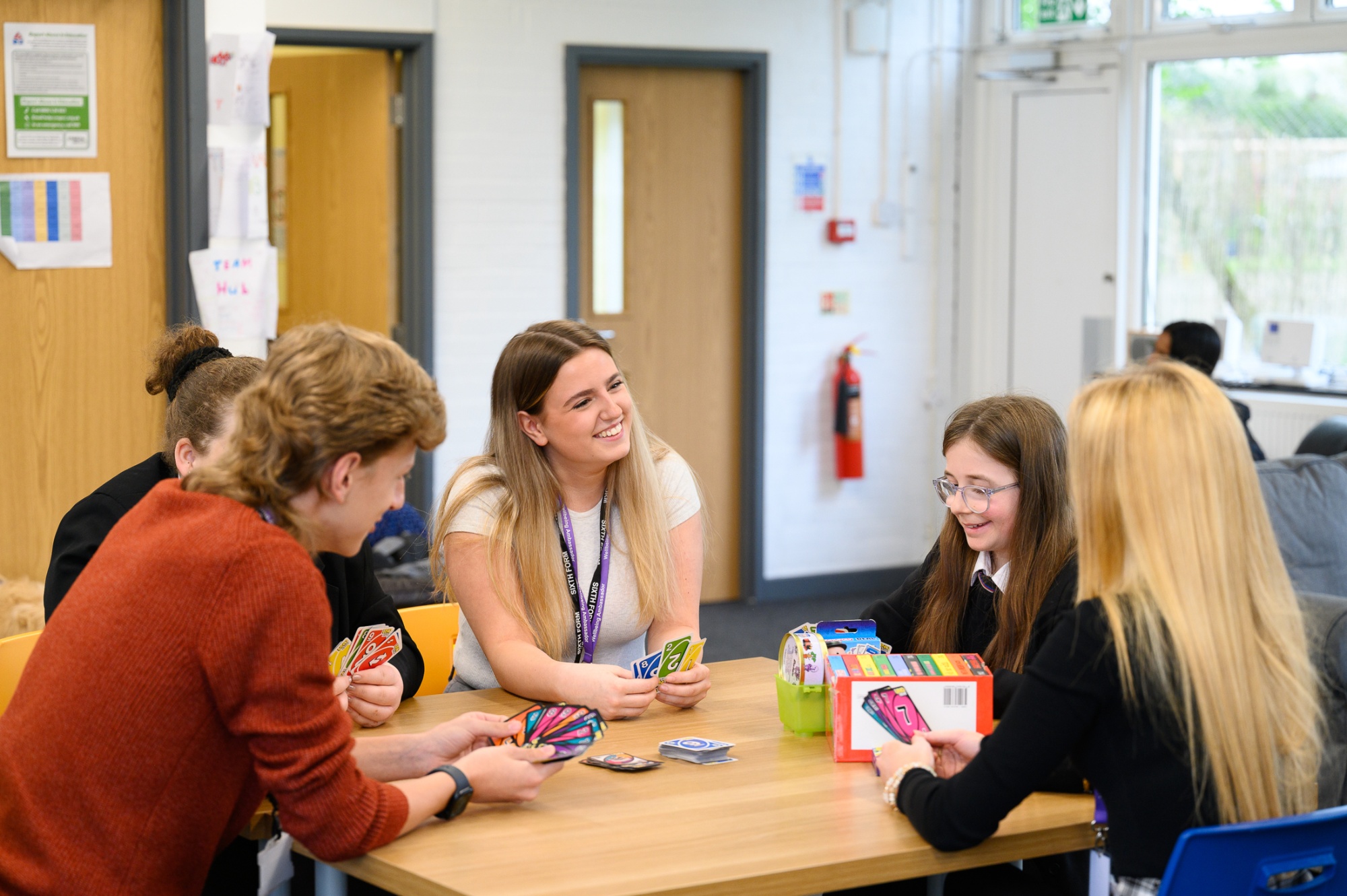History
Examination Board | OCR
Specification Code | H505
Subject Content
Three units are taught during Year 12. One unit is only taught in Year 12 and the other two are taught across Years 12 and 13.
The following unit is only taught in Year 12:
The Crusades and the Crusader States 1095-1192 (Option Y203 worth 15% of the full qualification)
- Students will investigate the causes, events and consequences of the first crusade and the establishment of the crusader states. The causes and events of the second and third crusades. Additionally, they will assess the political, economic, social and religious issues facing the Middle East.
The following two units are taught across Year 12 and Year 13:
Russia and its Rulers 1855-1964 (Option Y318 worth 40% of the full qualification)
- This is a thematic study which focusses on the nature of the Russian government and its impact on the Russian people and society. By the end, students should understand the similarities and differences between the autocratic rule of the Tsars in 1917 and the subsequent Communist dictatorship.
- The themes investigated are the nature of government, the impact of dictatorships upon the economy and society of the Russian Empire and the USSR, the impact of war and revolution on the development of the Russian Empire and the USSR and Russia: empire, nationalities and satellite states.
- Students will also engage in depth studies of Alexander II’s domestic reforms, The Provisional Government and Khrushchev in power from 1956-1964.
Britain 1930 to 1997 (Option Y113 worth 25% of the full qualification)
- Students will investigate the political history of Britain from 1930-1997. They will explore the workings of parliament, the key battles between the Conservative and Labour Parties and the development of the modern British political landscape.
- There is also a particular focus on the career of Churchill from 1930-1951, which is explored through primary sources from the period. Here they will investigate the opinions and decisions of Churchill and separate the man from the myth.
The following unit is only taught in Year 13, topic based essay (Unit Y100 worth 20% of the full qualification)
Students will complete a 3,000-4,000 word essay which they pick from a list of questions relating to Nazi Germany 1933-45. With guidance, students have to undertake their own research and note-making before writing their essay, which is assessed internally and moderated by the exam board.
A wide range of books are available in Miss Hawkes' library that students can use for research. However, students might find it helpful to buy their own copy of key texts for their choice of question, because there is only one copy of most books.
Assessment Details
Knowledge and application in writing will be assessed regularly through homework, classwork and the Exam Hour.
To be successful, students will need to be able to:
- Read and understand the content of the courses and apply it in extended writing.
- Develop effective revision techniques and devote enough time to revision.
- Understand how to answer the differing question styles and learn what the examiners are looking for in their answers. This is achieved by becoming familiar with the mark schemes and examiner’s reports.
- Understand the key points in extracts from sources and interpretations and be able to assess how far they support a specific view.
- Assess the relative significance of factors and use evidence to support their opinion.
- Decide whether they agree with an opinion and use their own knowledge to justify their view.
- Understand and use the specific vocabulary needed for each unit.
Additional Equipment Recommended
- Each student will need to purchase a copy of the textbooks below:
- Folders to keep your notes and research in.
What can I do to support my child at home?
- Discuss with them what they are learning in school. Encourage them to read around the topic. The class Teacher will have a variety of additional texts they can lend to the students.
- Ask to read their essays, and encourage them to review and edit their work.
- Support them in visiting a large public library as part of their research into the investigation question.
Websites
Books
- Students might find it helpful to purchase their own copy of key books for their NEA rather than borrowing them from the History Department Sixth Form library.
Teaching Staff Contact Details
Head of History
Miss Hawkes - ahawkes@cottesloe.bucks.sch.uk
Teacher of History
Mr Herman - bherman@cottesloe.bucks.sch.uk
Teacher of History
Mr Powell - jpowell@cottesloe.bucks.sch.uk
Teacher of History
Mr Passaro - apassaro@cottesloe.bucks.sch.uk
History Curriculum Intent and Ethos
Intent
We believe that our History curriculum gives all learners the opportunity to develop a curious mindset; explore their own opinions based on evidence and critical thinking, and gain a deeper understanding of the world they live in by engaging with - and questioning - the past. We expect all learners to be able to study a range of key themes and periods whilst developing their sense of historical enquiry and their ability to think - and work - as historians. This includes utilising both their creative and critical thinking to be able to fully immerse themselves in some of the key questions of historical debate. From the beginning of Key Stage 3 to the end of Key Stage 5, learners will engage with different cultures through a variety of media and teaching methods. This includes an explicit focus on British values and history and their changing role over time. We endeavour to create a careful balance of extended writing to accompany a wide range of other initiatives to ensure that pupils are set up to achieve in the subject, regardless of the key stage. Our intention is that learning is embedded and sequential so that learners are able to consolidate existing knowledge and assimilate it with new knowledge over time. As a result, we believe that the study of History at The Cottesloe School should be a truly engaging and interesting experience which gives all pupils the opportunity to grow as historians, academics and individuals.
Ethos
We aim to make the lessons interesting and interactive using a variety of approaches to suit the learners in each class. This can include role play, re-enactment, living history and primary sources.
There is more to history than dates and facts and we try to explore the past through the story of the people that lived in the past.
Careers in History
Our curriculum helps students understand the world we live in and History teachers link skills and topics to real world applications. History is a well respected, useful and often necessary subject for a wide range of careers. For example:
- Media and journalism
- Charity work
- Law
- The police and armed forces
- Teaching
- Museums and galleries
- Historic houses, heritage sites and organisations
- Archives, record offices, libraries and universities
- Archaeology and conservation
- Architecture
- National and local government, civil service and diplomatic service





